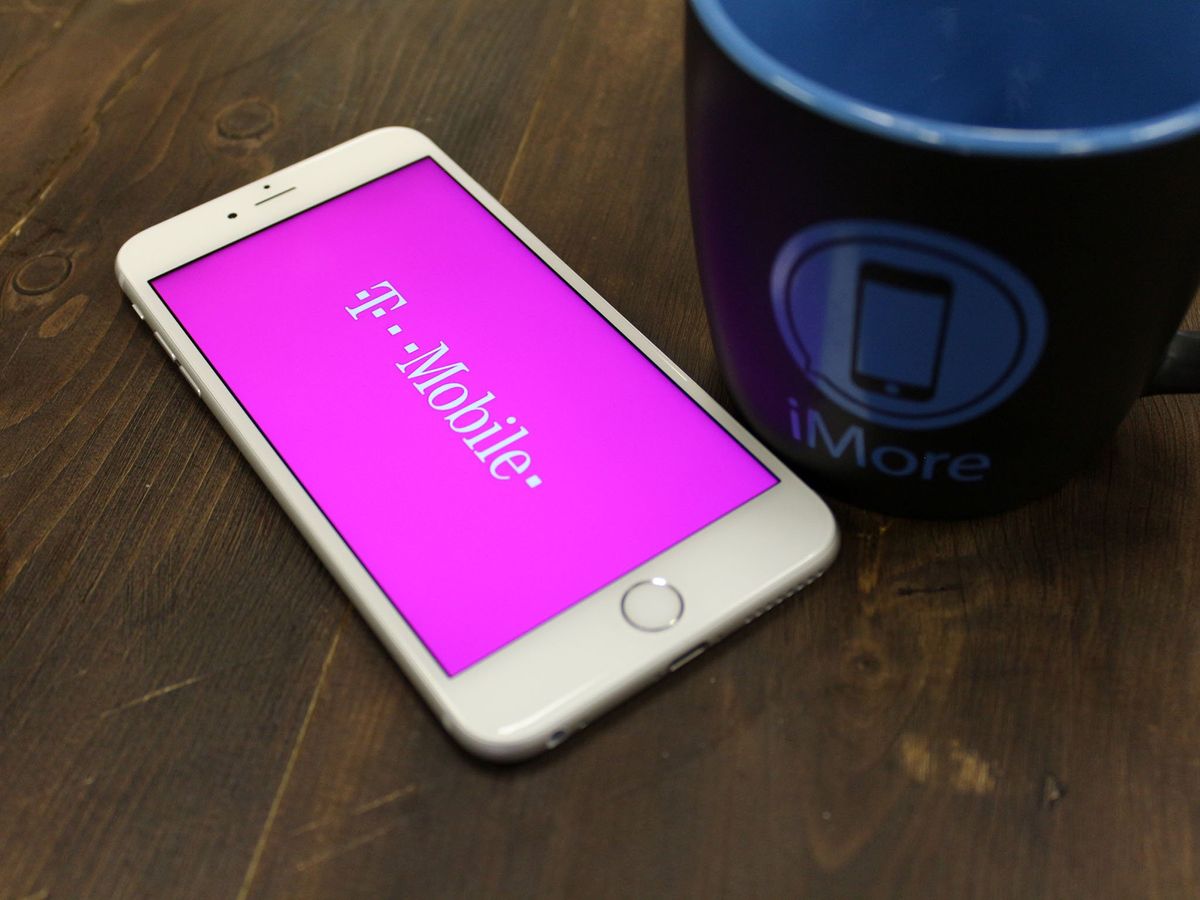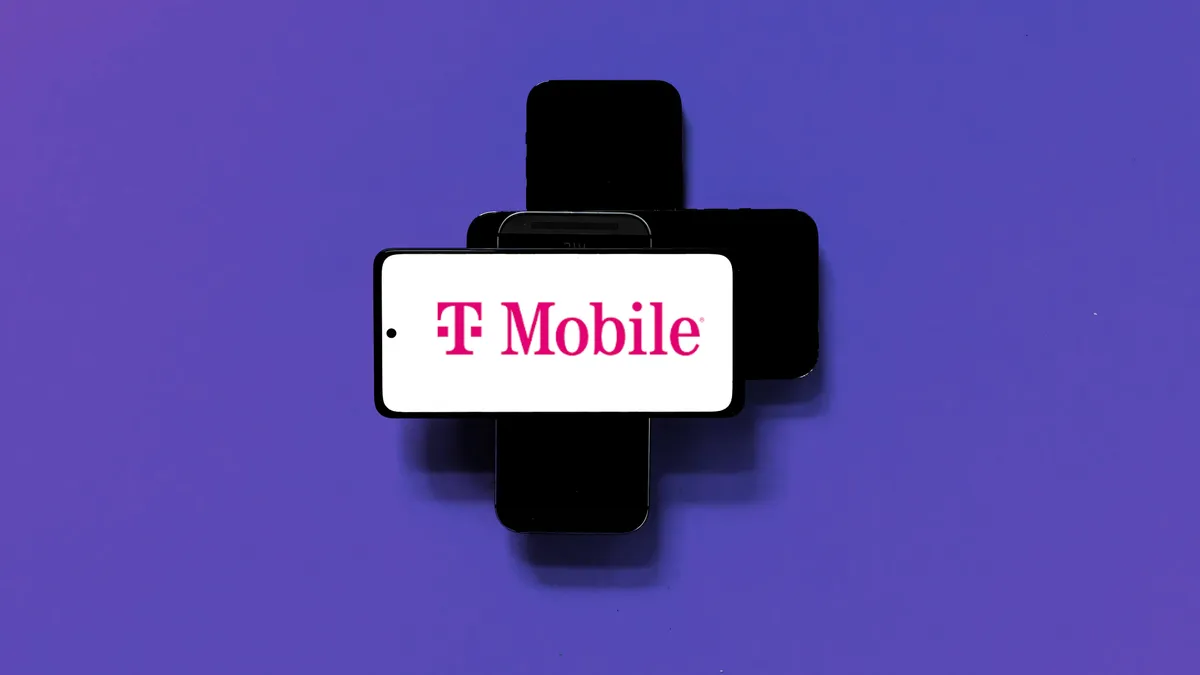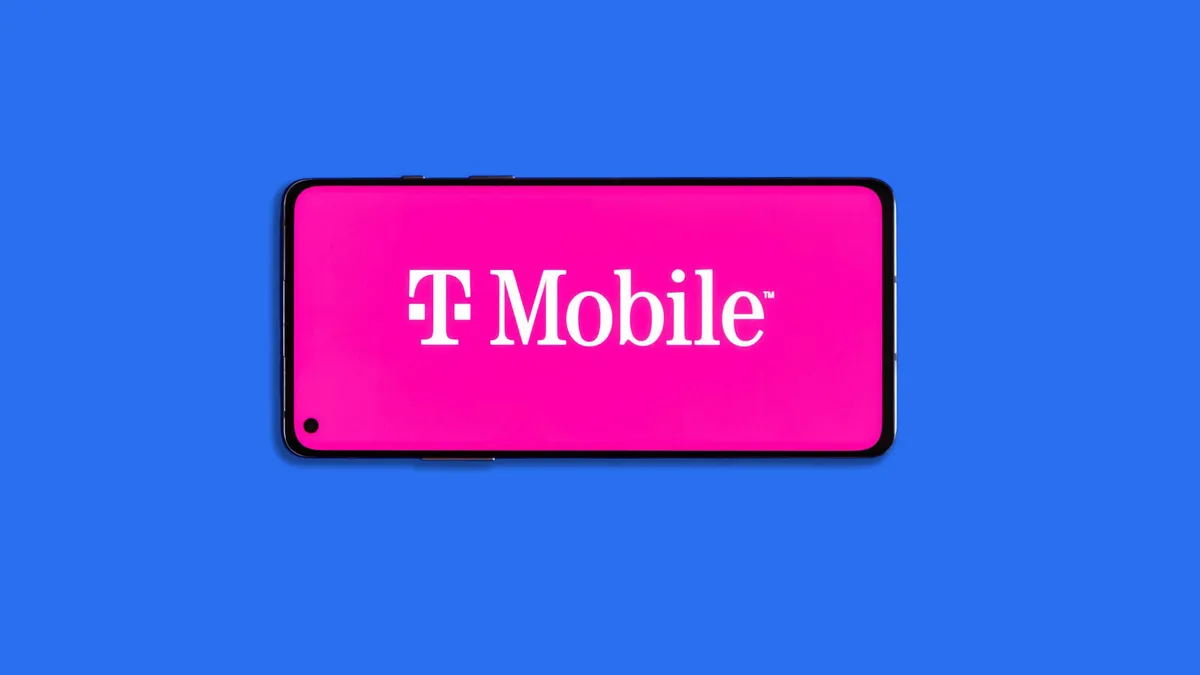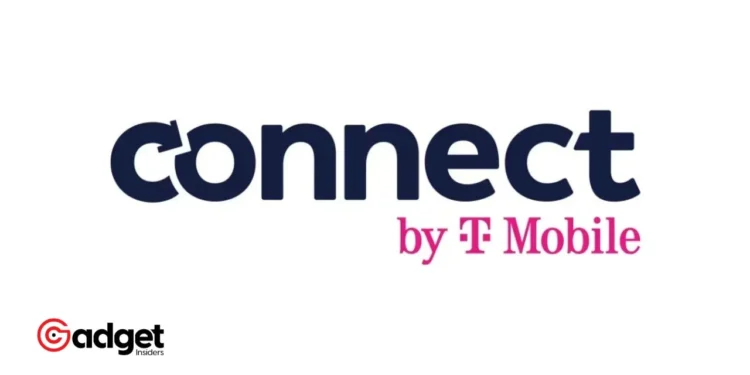In a move that has stirred both concern and disappointment among its subscriber base, T-Mobile, once hailed as the pioneering “Un-carrier” for its customer-centric policies and transparent pricing, appears to be charting a course remarkably similar to its rivals, Verizon and AT&T. The carrier’s recent decision to introduce new fees to its prepaid services marks a significant departure from its long-standing ethos of simplicity and affordability, raising questions about the future direction of the company and its commitment to consumer interests.
From Mocking to Mimicking: T-Mobile’s New Fees Come to Light
The revelation, courtesy of the investigative efforts by The Mobile Report, unveils T-Mobile’s plan to impose two additional charges on its prepaid customers. This development, unexpected by many, echoes the practices of the very competitors T-Mobile once criticized for “ripping off their subscribers with various taxes and fees.”
The irony of the situation is not lost on observers, who note the carrier’s transition from a market disruptor to an entity that increasingly resembles its more traditional counterparts.

A Closer Look at the New Charges
Starting March 21, T-Mobile intends to replace its $10 Prepaid SIM Starter Kit with a $25 “Device Connection” fee. This one-time charge applies universally, regardless of whether customers are activating a new device or upgrading an existing one, and irrespective of the device’s compatibility with eSIM technology.

In addition to the connection fee, T-Mobile plans to implement a $5 “in-store payment support charge” starting April 25. Unlike the former, this fee will recur with every “assisted payment” made in physical store locations.
While the telecom giant suggests that a significant majority of its prepaid customers have transitioned to digital payment methods or AutoPay, the new fee casts a shadow over those who, for various reasons, continue to rely on in-person transactions.
— Dianna Rakestraw (@DiannaRakestraw) March 15, 2024
Navigating the Changing Landscape
The introduction of these fees has not gone unnoticed, sparking debate among consumers and industry watchers alike. For customers, the search for alternatives—services that do not impose such fees—is a natural response to what many perceive as an unwelcome change in T-Mobile’s approach to service and pricing.
Meanwhile, critics argue that this shift may erode the goodwill T-Mobile has built over the years as a consumer-friendly disruptor in the telecommunications industry.

A Reflection on T-Mobile’s Evolution
As T-Mobile evolves, so too does the narrative surrounding its brand. What was once a story of bold innovation and challenge to the status quo has taken a new turn, with the company adopting strategies reminiscent of those it once opposed.
The implications of these changes, both for T-Mobile and for the broader market, will unfold in the months and years to come. However, one thing is clear: in the dynamic world of telecommunications, the only constant is change itself.









